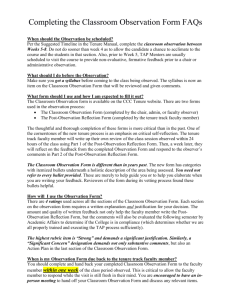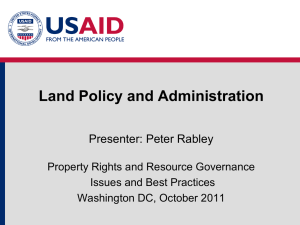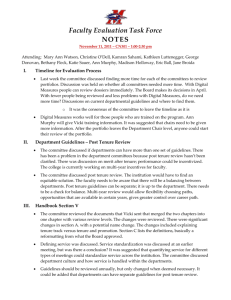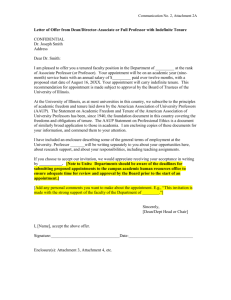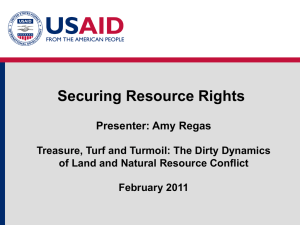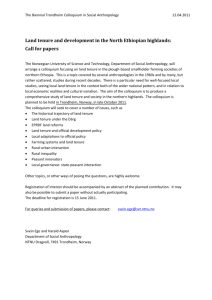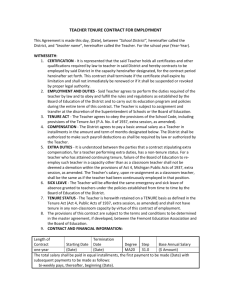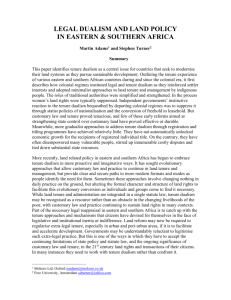legal dualism and land policy - Natural Resource Management and
advertisement
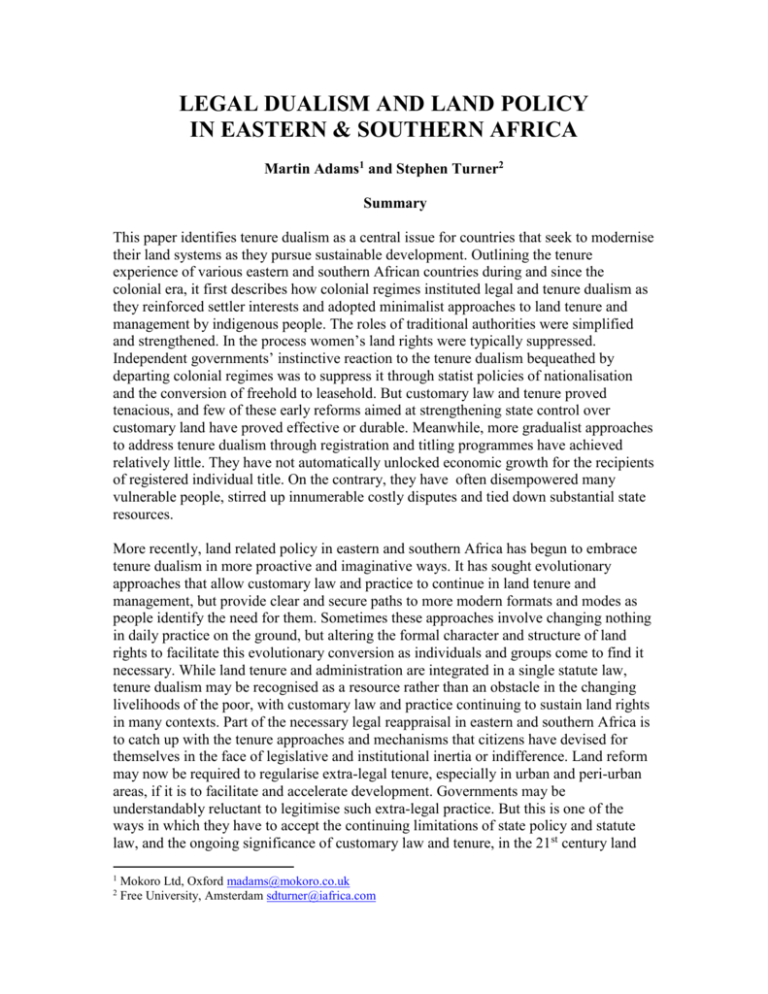
LEGAL DUALISM AND LAND POLICY IN EASTERN & SOUTHERN AFRICA Martin Adams1 and Stephen Turner2 Summary This paper identifies tenure dualism as a central issue for countries that seek to modernise their land systems as they pursue sustainable development. Outlining the tenure experience of various eastern and southern African countries during and since the colonial era, it first describes how colonial regimes instituted legal and tenure dualism as they reinforced settler interests and adopted minimalist approaches to land tenure and management by indigenous people. The roles of traditional authorities were simplified and strengthened. In the process women’s land rights were typically suppressed. Independent governments’ instinctive reaction to the tenure dualism bequeathed by departing colonial regimes was to suppress it through statist policies of nationalisation and the conversion of freehold to leasehold. But customary law and tenure proved tenacious, and few of these early reforms aimed at strengthening state control over customary land have proved effective or durable. Meanwhile, more gradualist approaches to address tenure dualism through registration and titling programmes have achieved relatively little. They have not automatically unlocked economic growth for the recipients of registered individual title. On the contrary, they have often disempowered many vulnerable people, stirred up innumerable costly disputes and tied down substantial state resources. More recently, land related policy in eastern and southern Africa has begun to embrace tenure dualism in more proactive and imaginative ways. It has sought evolutionary approaches that allow customary law and practice to continue in land tenure and management, but provide clear and secure paths to more modern formats and modes as people identify the need for them. Sometimes these approaches involve changing nothing in daily practice on the ground, but altering the formal character and structure of land rights to facilitate this evolutionary conversion as individuals and groups come to find it necessary. While land tenure and administration are integrated in a single statute law, tenure dualism may be recognised as a resource rather than an obstacle in the changing livelihoods of the poor, with customary law and practice continuing to sustain land rights in many contexts. Part of the necessary legal reappraisal in eastern and southern Africa is to catch up with the tenure approaches and mechanisms that citizens have devised for themselves in the face of legislative and institutional inertia or indifference. Land reform may now be required to regularise extra-legal tenure, especially in urban and peri-urban areas, if it is to facilitate and accelerate development. Governments may be understandably reluctant to legitimise such extra-legal practice. But this is one of the ways in which they have to accept the continuing limitations of state policy and statute law, and the ongoing significance of customary law and tenure, in the 21st century land 1 2 Mokoro Ltd, Oxford madams@mokoro.co.uk Free University, Amsterdam sdturner@iafrica.com rights and transactions of their citizens. In many instances they need to work with tenure dualism rather than confront it.


